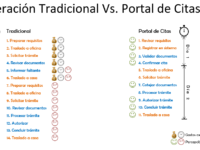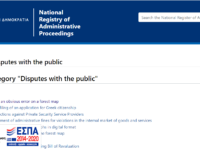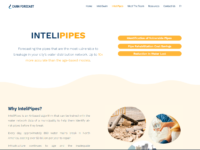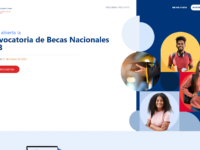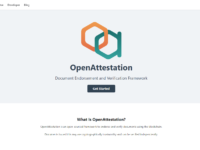The project was created due to the low level of digitisation of the procedures offered by the Government of the State of Guanajuato and the lengthy nature of procedures. A State-wide strategy of optimisation and digitisation was implemented to streamline services and save time and resources for both the Government and citizens. A major innovation was made in the form of attention to citizen needs and carrying out steps of the procedure through the use of electronic means, prior to the citizen's…
Innovation Tag: Public Service Delivery
Case Study
Cultural and technological transformation of the criminal justice service in the province of Buenos…
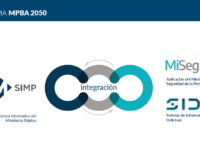
The innovation was developed to solve the difficulties encountered by citizens in accessing the criminal justice service and thus contribute to regenerating the confidence in the system. The cultural and technological transformation of this service increases the quality of the citizen's experience and the judicial agent involved. Buenos Aires' Public Prosecutor's Office applied emerging technologies and innovative management techniques and achieved a more agile, productive, and efficient…
Enhanced access to public service delivery for citizens forms the very core of good and responsive governance. However, this often becomes a challenge, as, accessing government services can be a hassle for citizens. Citizens can experience long queues at government offices, inconsistencies in the required documentation, among others. ‘Doorstep Delivery of Public Services’ was designed to solve this problem. The program allows citizens to access government services from the comfort of their…
Digitization of administrative procedures of the public administration drastically and positively impacts the operation of registry offices, the centers of public services, and the overall interaction of citizens and businesses with their government. However, developing a National Registry of Administrative Procedures is a huge challenge for all governments that want to systematize and simplify their processes. The Greek Registry of Administrative Procedures and Services, also known as MITOS…
Louth County Council has piloted a new training resource, the Healthy Ireland Design Innovation (HIDI), which assists cross-departmental staff to apply the principles and goals of ‘universal design’ to their local economic and community planning activities. Taking a ‘universal design’ approach provides an ‘awareness framework’ to align innovation across the varying strands of local service and activity planning. As a result, staff can better plan for the integrated health, wellbeing,…
The innovation consisted in implementing a policy delivery methodology (Deliverology(R)) in 14 public primary healthcare establishments of Cusco’s Northern health network. The aim was to transform the service culture and improve prenatal, postpartum, family planning, and pediatric care indicators in only 5 months, benefiting 22,900 low-income patients.
The UK government launched a new “youth hub” offer of employment services to young people affected by the disruption of the covid-19 pandemic. Through four days of workshops with key stakeholders, which included engaging young people, Impetus ran a theory of change process to enable one of the flagship hubs to co-design their new service to best serve young people. This is the first time that Impetus has applied its theory of change tools, and its impact focus to a government policy…
Water networks are confronted with aging infrastructure, increased urban population, and climate change. The City of Greater Sudbury has collaborated with CANN Forecast to implement InteliPipes, an AI-based decision-support system that leverages various data sources to improve the overall reliability of its water network. With it the City can (a) understand better the network’s degradation over time, (b) tailor inspection plans and replacement programmes, and (c) optimise watermains…
The Unique Scholarship Portal (Portal Único de Becas “Beca tu Futuro”) is a web platform that aims to concentrate all scholarship opportunities in a single portal. In this way, it documents and manages everything from the publication of the call for applications to the awarding of scholarships. The portal benefits all the citizens of the Dominican Republic who wish to apply for a scholarship. Moreover, the portal serves as a management tool for the scholarships' evaluators and the…
Singapore's Government developed OpenAttestation, an open-source framework to support endorsement and verification of documents using the blockchain. With this, an easy and reliable way to issue and validate tamper-proof certificates is readily available to the Government as well as any adopters locally or internationally.

